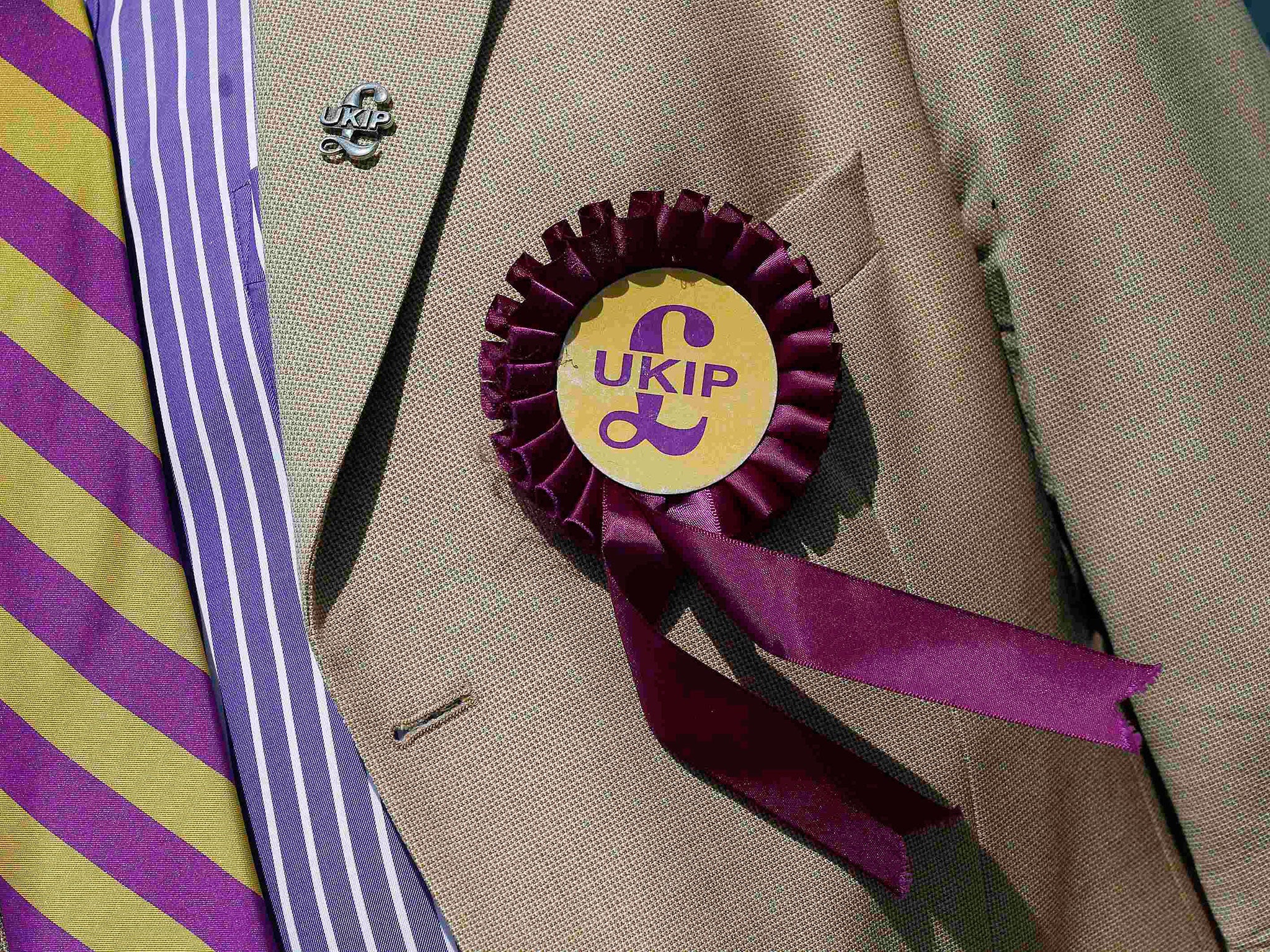Ukip 'twice as dangerous' to Tory election prospects as to Labour's
Labour had lost most of the voters it was going to lose in 2010

Ukip poses twice as much of a threat to the Conservatives at next May’s election as it does to Labour, according to an academic study published today.
The respected British Election Study has found that Labour had already alienated many working class voters during the Blair era - long before the recent surge by Nigel Farage’s party. In contrast, many of the people who have switched from the Conservatives to Ukip backed the Tories at the 2010 election.
The project, which has tracked 30,000 people since 2005, found that 80 per cent of Tory voters at the 2005 election who had switched to Ukip by this year still backed the Tories in 2010. But only 40 per cent of Labour’s 2005 voters still supported the party at the 2010 election.
Professor Geoff Evans of Oxford University, the study’s co-director, said: "It's the Conservative Party who need to worry most about the threat of Ukip - because those people who supported Labour have in the main, already made the switch.
"New Labour's move to the liberal consensus on the EU and immigration in 2001, 2005 and 2010 left many of their core voters out in the cold a long time before Ukip were around."
Although Ukip is winning over some Labour voters, at the constituency level Ukip is more likely to damage Conservative prospects, he argued.
“Travellers on the ‘left’ started the journey [to Ukip] some time back, so it’s the Conservatives who will feel most of the pain in 2015,” he said.
Among current Ukip supporters in Labour-held seats, only 18 per cent voted Labour in 2010, while more than twice as many (39 per cent) backed the Tories.
Professor Evans said: “There are still a lot of Conservative voters in Labour seats (25 per cent of the vote in 2010 on average) and many of these are 2010 Labour defectors. Ukip has picked up support disproportionately from former Labour voters in Labour voters in Labour constituencies.”
Join our commenting forum
Join thought-provoking conversations, follow other Independent readers and see their replies
Comments